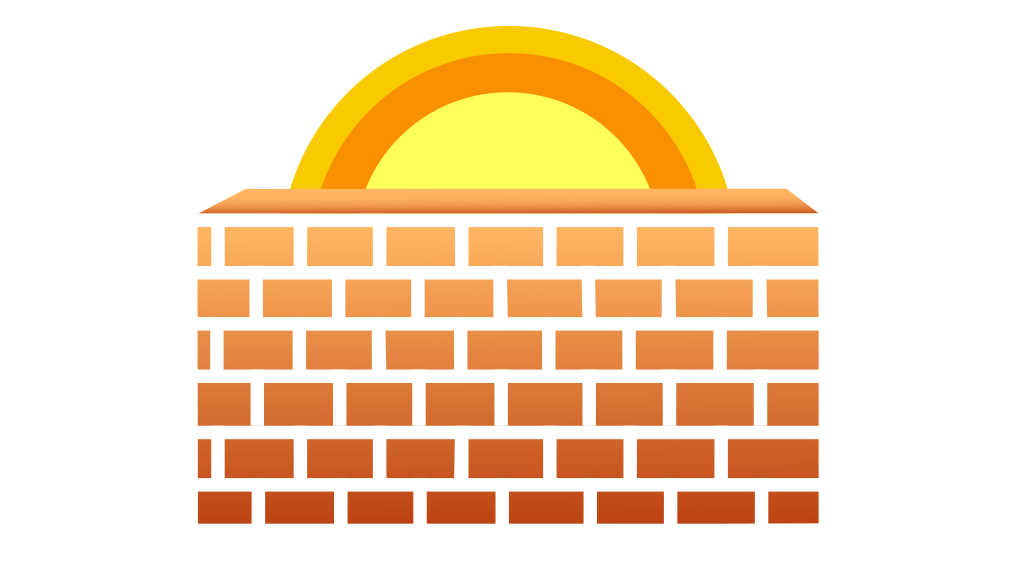Beyond the Bricks: Week of 3/18
by Abby Bratton | published Mar. 31st, 2019
Cyclone Idai Hits Southeast Africa
Cyclone Idai made landfall in Beira, Mozambique on March 14, 2019. It has since caused what Mozambique's president, Filipe Nyusi, referred to as "a humanitarian disaster of great proportion,” according to BBC News.
After hitting land, the cyclone brought heavy winds of 109 mph and torrential rainfall to Mozambique, Zimbabwe and Malawi. Flooding and rainfall continued across borders as of March 21, 2019. The Associated Press said that between the three countries, 500 deaths were confirmed in the wake of the storm, with more expected by the authorities.
Approximately 3,000 people have been saved from flooded regions in Mozambique so far, but 15,000 others are still awaiting rescue. BBC News reported that Nyusi said more than 100,000 are currently at risk. The flood zone spans 1,200 square miles with water up to six meters deep.
According to Médecins Sans Frontières (MSF), known in English as Doctors Without Borders, lack of clean water in the wake of the storm was connected to cholera cases as of March 27, 2019. MSF also reported that 16,000 households in Malawi were impacted by Cyclone Idai. In areas of the country that were affected, approximately 50 percent of all crops may have been lost.
In Zimbabwe, the Marowanyati Dam overflowed from the rain, endangering populations along the river. The storm also left behind a shortage of food and clean water. The World Food Programme estimated that 1.7 million people were in the path of the cyclone in Mozambique alone. International and domestic relief efforts are ongoing.
Aftermath of Christchurch Mosque Attacks
Fifty people were killed at two mosques in Christchurch, New Zealand on March 15, 2019 in a mass shooting event. Dozens of others were wounded.
The Associated Press reported that the shooter, a self-proclaimed white supremacist, was arrested after live streaming his attacks and has been charged with one count of murder. He is expected to face further charges. Police are investigating to determine if he had assistance.
Many people across New Zealand observed a two-minute silence following the Muslim call to prayer, which was broadcasted on national radio and television stations at 1:30 p.m. on March 22, 2019. Thousands gathered in a park near one of the targeted mosques to commemorate the victims and show solidarity for the Muslim community, according to BBC News. Additionally, Prime Minister Jacinda Ardern stated that a National Memorial Service would be held sometime the following week.
Political action was also taken in response, as Ardern announced on March 21, 2019 that the country will ban all semi-automatic weapons and assault rifles. A sales ban is already in place and Ardern expressed hope that the full ban will be set into law by April 11, 2019. Afterward, there will be an amnesty period during which people in possession of affected guns can hand them over to the government as part of a buy-back exchange. Beyond this phase, ownership of any of these weapons will be illegal (with some exceptions).
United States Recognizes Israeli Sovereignty Over Golan Heights
U.S. President Donald Trump tweeted on March 21, 2019 that “after 52 years it is time for the United States to fully recognize Israel’s Sovereignty over the Golan Heights, which is of critical strategic and security importance to the State of Israel and Regional Stability!”
Golan Heights is a politically and strategically significant contested region, with both Syria and Israel asserting their control over the land. The international community has traditionally sided with Syria.
After Israel annexed Golan Heights in 1981, the United Nations passed the UN Security Council Resolution 497 which “decide[d] that the Israeli decision to impose its laws, jurisdiction and administration in the occupied Syrian Golan Heights [was] null and void and without international legal effect.”
The United States will be the first nation to recognize Israeli sovereignty over the area. BBC News noted that critics of the decision see it as an effort to garner support for Israel Prime Minister Netanyahu as he heads toward a general election in April.



